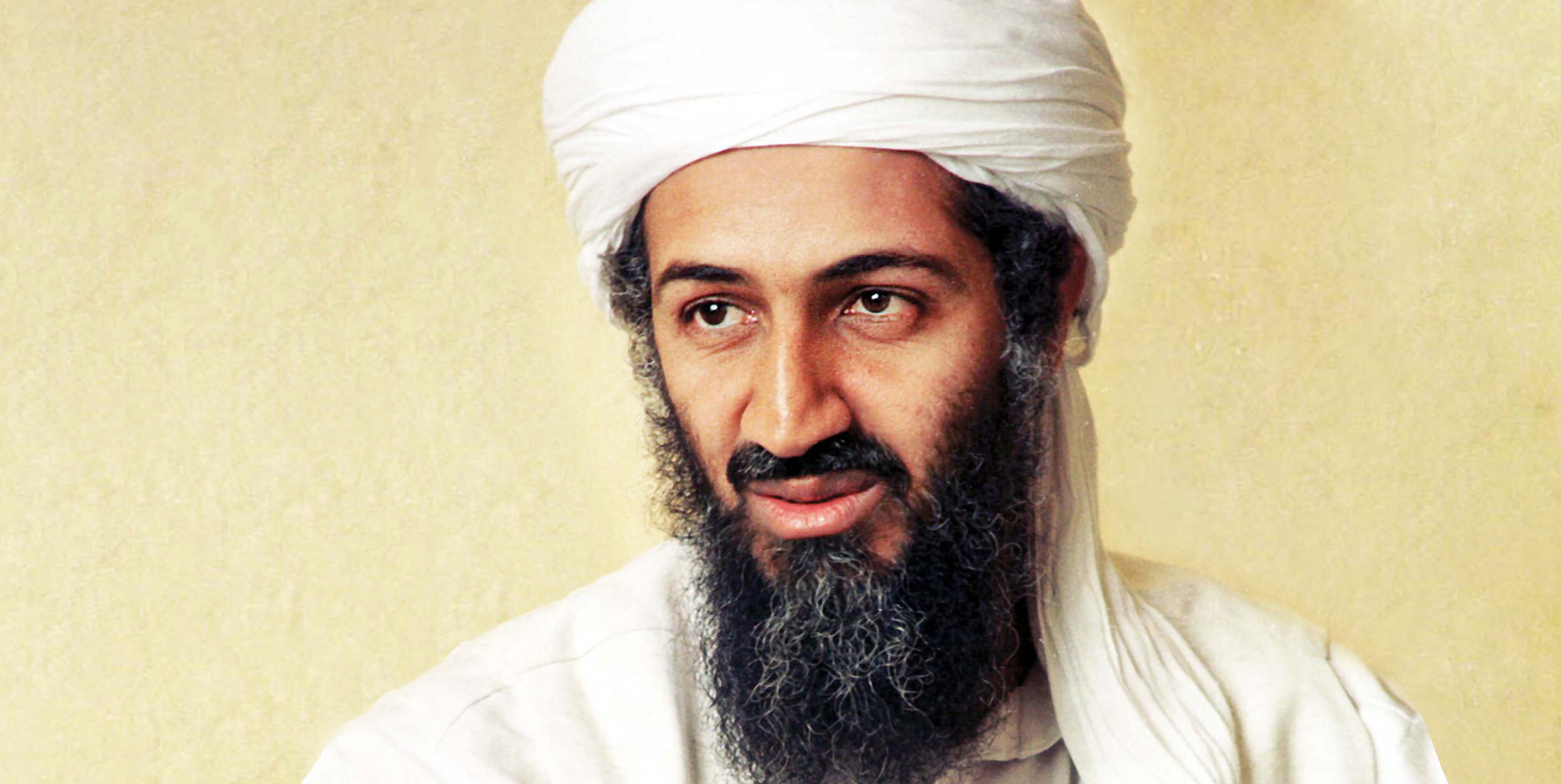This week, the internet was horrified to discover that Osama bin Laden’s “Letter To America” had gone viral on TikTok. The letter, which has now been removed from the Guardian‘s website, outlines bin Laden’s justification for his hostility towards America — and TikTokers, by and large, have sympathised with his reasoning. In response, critics are now sounding the alarm bell: TikTok is a Chinese propaganda tool that is “brainwashing” Americans and which must be banned.
The manner in which young people online have been talking about the re-discovery of bin Laden’s letter suggests they think this is something new. If we’re to believe the likes of Chaya Raichik of @LibsofTikTok or Yashar Ali, we’re raising a new batch of anti-American far-Left extremists. But this is not a problem unique to Gen Z or TikTok: take this stand-up clip from 2002 by popular comedian David Cross. Here, Cross doesn’t explicitly support bin Laden, but questions the American response to the attack. He says, “I think [bin Laden] did [9/11] because of our support for Israel […] you know why I think that? Because that’s what he fucking said. […] Are we a nation of six-year-olds? Answer: yes.”
This isn’t the first time Americans have had this type of “awakening” about their country’s involvement in foreign conflicts, whether rooted in truth or not. Arguably, these insights have been a hallmark of American counterculture for at least 60 years. The most simplified version is that when there’s political and social upheaval, there’s a significant anti-authoritarian contingent, and sometimes that impulse expresses itself in explicit support for the enemies of the US. During anti-war protests in the late Sixties, activists even held up Viet Cong flags, while it’s not difficult to recall the popularity of Che Guevara T-shirts, Stalin posters, and Mao Zedong throw pillows.
It may feel like bin Laden is a special case — and indeed he is — but he’s a more contested figure than one might assume. A similar relationship also emerged with Isil. Hence @dril’s famous viral tweet, which has since become a common online refrain: “[…] regarding the terror group ISIL. you do not, under any circumstances, ‘gotta hand it to them’.” It was a provocative joke, but it also revealed something about the way politically countercultural young people were talking about militant groups. Nuanced, legitimate criticisms of political intervention were, in the online arena, becoming reduced to what looked like terrorist apologia.
A little earlier, there were also Twitter’s Isis brides and American and UK-born jihadists who had been radicalised online in the early 2010s. Those stories were true — and shocking — but they were extreme examples of how online culture can influence young and malleable minds. People were rightfully disturbed by the Islamist converts who were willing to sacrifice their lives, but this was also happening in a climate where people were sympathetic to why these groups emerged. Understanding the complicated responses to violence is one thing, but it’s a bit trickier in an online climate where context notoriously collapses.
Perhaps it’s because we rarely have the opportunity to learn about the complexity of these events. So few people have the historical background or ethical toolkit to understand the reality of war or the predictable reactions to it. This isn’t an appeal to either side, but rather an acknowledgment that informed people — no matter where they’re standing — are woefully rare.











Join the discussion
Join like minded readers that support our journalism by becoming a paid subscriber
To join the discussion in the comments, become a paid subscriber.
Join like minded readers that support our journalism, read unlimited articles and enjoy other subscriber-only benefits.
Subscribe